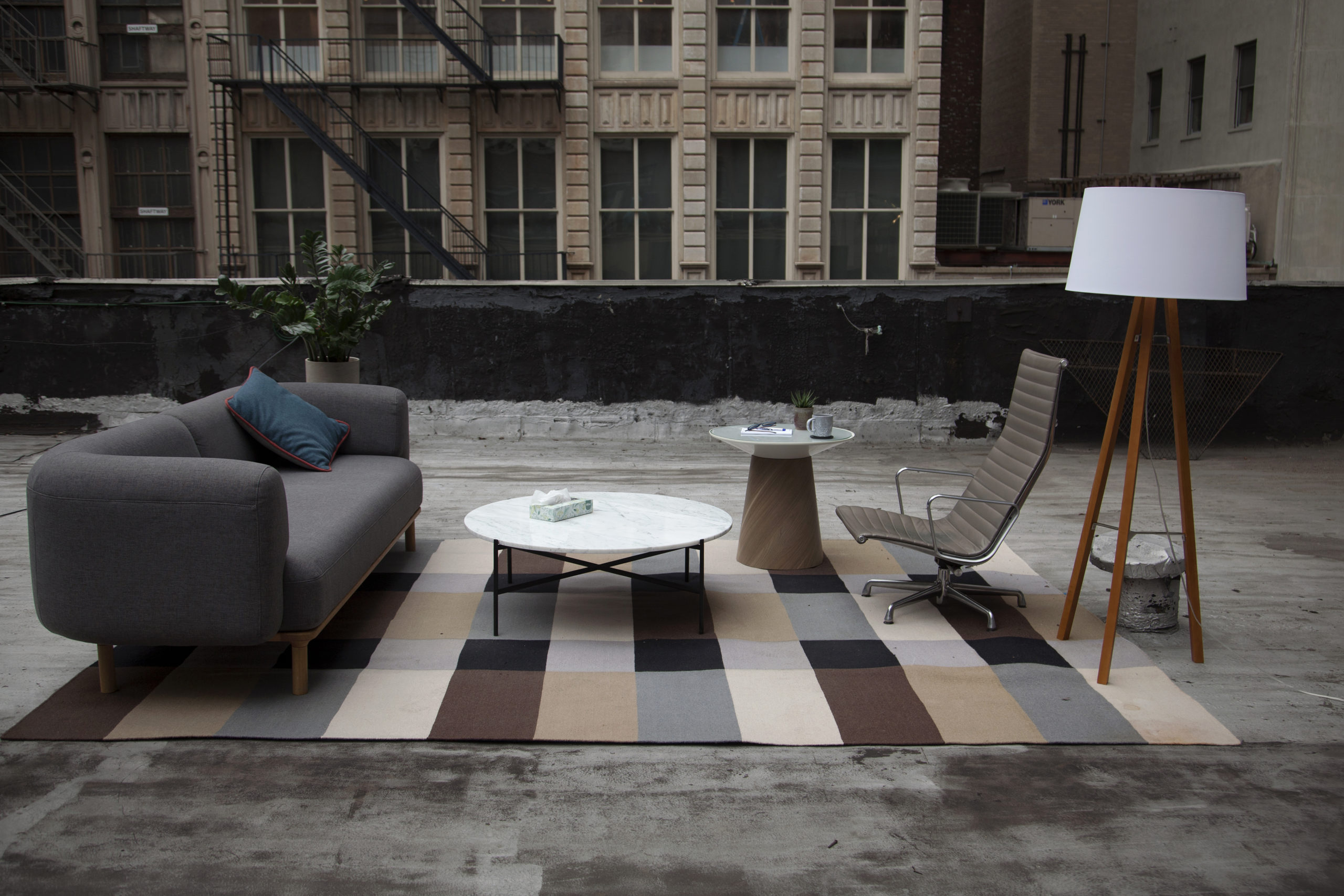Since 2009, Tribeca Therapy has provided individual, couples, and family therapy to Downtown Manhattan creatives, finance professionals, and local families
I founded Tribeca Therapy as a private practice in 2009. By 2011, faced with both an overflow of interested patients and a growing number of talented therapists seeking to join the practice, I transformed Tribeca Therapy into a group practice, moving into a 2300-square-foot loft in a former shoe factory on Chambers Street. Psychotherapist Rachael Benjamin was the first to join me in Tribeca, as well as Heather Mayone, a psychotherapist and art therapist. After becoming a group practice, Tribeca Therapy continued its focus on working with Downtown Manhattan creatives, finance professionals, and local families, and grew rapidly with Heather and Rachael taking on increasingly senior roles in the practice with Heather becoming Director of Tribeca Therapy and Rachael taking on the position of Senior Therapist and Director of Tribeca Maternity, a branch of Tribeca Therapy focusing on emotional experiences related to family planning, trying to conceive, pregnancy, childbirth, and early parenthood.
Offering individual, couples, and family therapy, as well as working with teens and children, Tribeca Therapy occupies a niche between more traditional psychoanalytic/Freudian approaches (what you picture from television–the patient, often lying down on a couch, free-associating to a therapist who rarely speaks) and somewhat newer, so-called science-based approaches, most commonly related to as Cognitive Behavioral Therapy (think Dr. Phil). Rather than a rejection of these approaches, our work tends to include elements of both, while working to be something of a rejection of methodology in the strictest sense altogether. We understand these approaches, whether Freudian, behavioral or otherwise, as tools. They are often tremendously useful–sometimes brilliantly so–but, as tools, they should not be seen as substitutes for the critical work of applying these tools effectively.
There are several core principles that have emerged over time as vital to our practice, regardless of the specific matter we’re addressing:
Diversity (politics)
We recognize that individual suffering, emotional life, and human development don’t exist in a vacuum. Issues related to diversity–race, ethnicity, gender, sexuality, class, etc.–and the myriad biases, both systemic and interpersonal, that relate to them are central to the experiences of our patients and therefore, must be central to our therapy. Our practice, as measured by the makeup of our patients, is diverse. We also take special interest in our couples and family therapy in working with families of mixed race, mixed ethnicity, or different religious backgrounds.
Action-oriented
On the spectrum of therapists, ranging from the most cliché, passive therapist, who sits back and “just listens,” to the opposite, we’re surely more on the end of the spectrum of rolling up our sleeves and getting to work. That doesn’t mean we never sit back and focus on listening, but when needed, we’re not afraid to take on a very active role helping our patients sort through challenging situations. For many of our patients, coming to Tribeca Therapy is often more like visiting the gym than the spa–restorative and energizing, but also hard work.
Collaborative
While we have serious expertise and experience helping folks with all sorts of issues, we recognize that the best therapy is custom-made for the individual, couple, or family and that smart people who are eager to get help can be excellent participants in creating their therapy alongside their therapist. We work with intelligent, resourceful people, many of whom have been in therapy before and most of whom have read self-help books, or studied spirituality or other forms of personal growth. Our patients have frequently tried all sorts of things before they ever walked into our office–some of them helpful and some of them not. We want to make use of both these successes and failures to inform the creation of a therapy that’s truly going to work for you.
Creative
Tribeca Therapy approaches therapy as a fundamentally creative activity. While there is always science, methods, and expertise to apply, there also needs to be room for a sense of humor and play, even when dealing with fairly painful issues. Often existing therapy tools need to be tweaked or reformed in order to work for a given situation; in other instances, we need to fashion altogether new tools to get the job done.
Non-diagnostic
At Tribeca Therapy, we reject a medical model, cookie-cutter approach to therapy, choosing, instead, to focus on strengths and possibilities rather than labeling. The people who come to us for help are often in serious distress or pain. We take that seriously while recognizing that the pathologizing language of diagnosis is often unhelpful. Rather than rejecting diagnosis entirely, we work to be thoughtful in its application and, even when making use of diagnosis, we don’t allow the diagnosis alone to determine the course of treatment.
